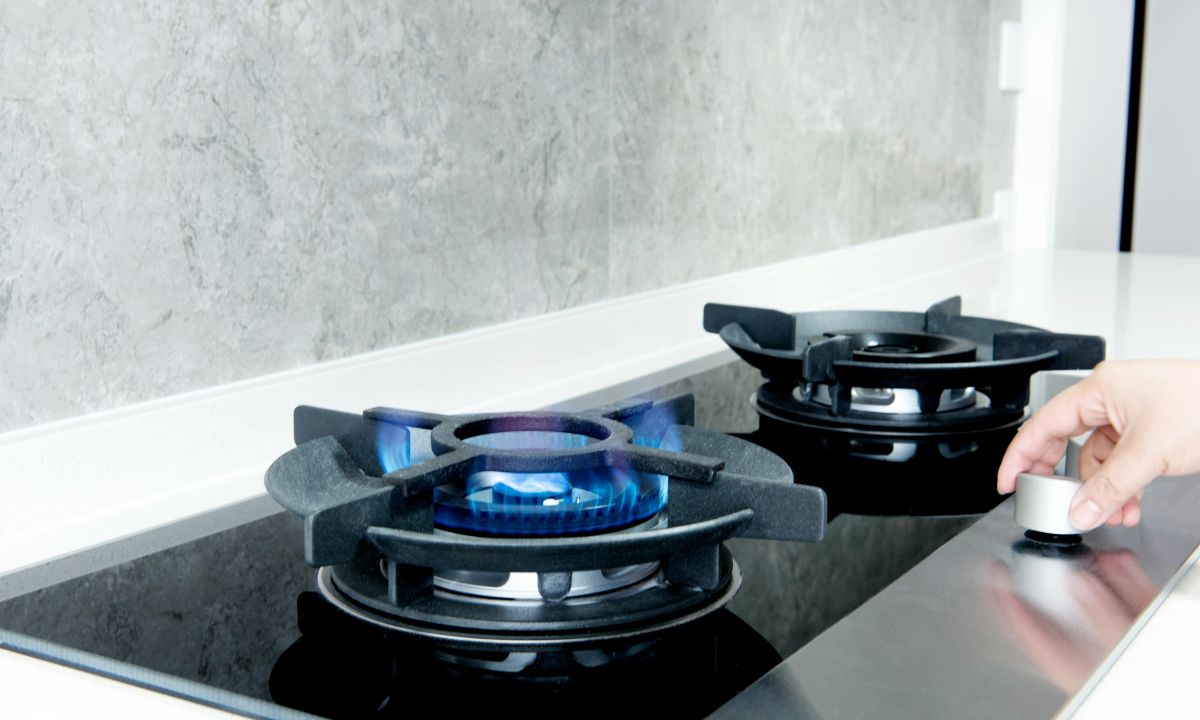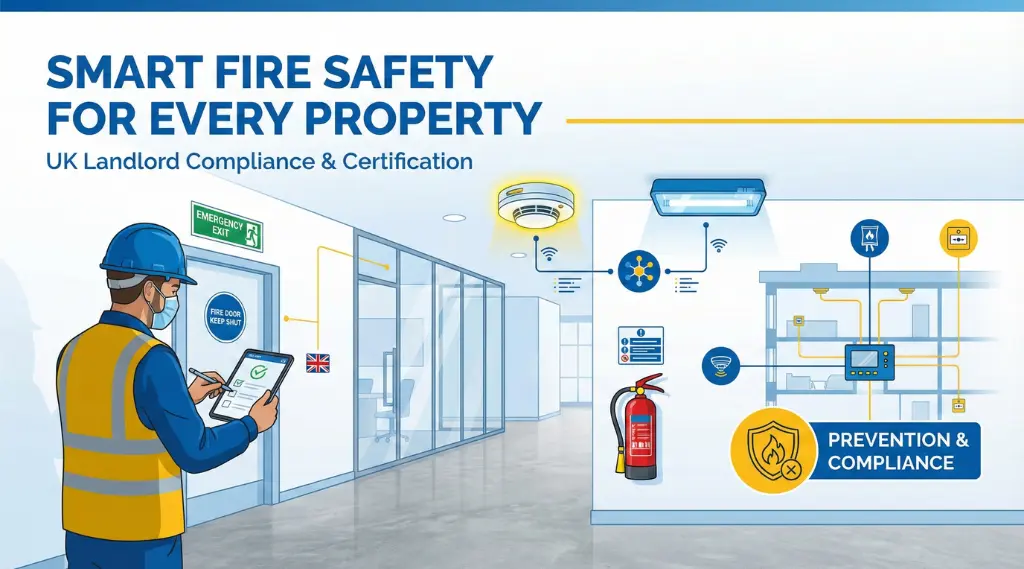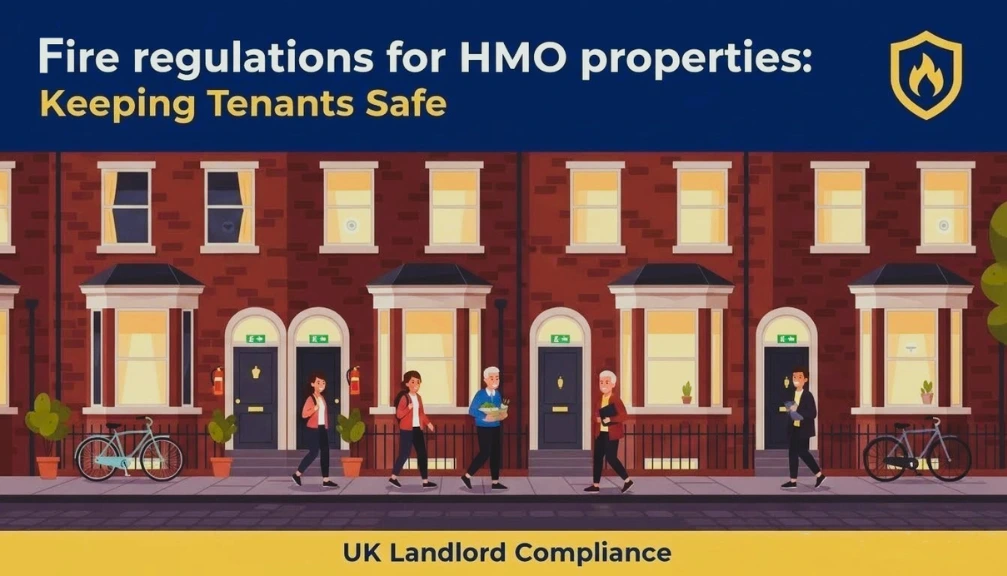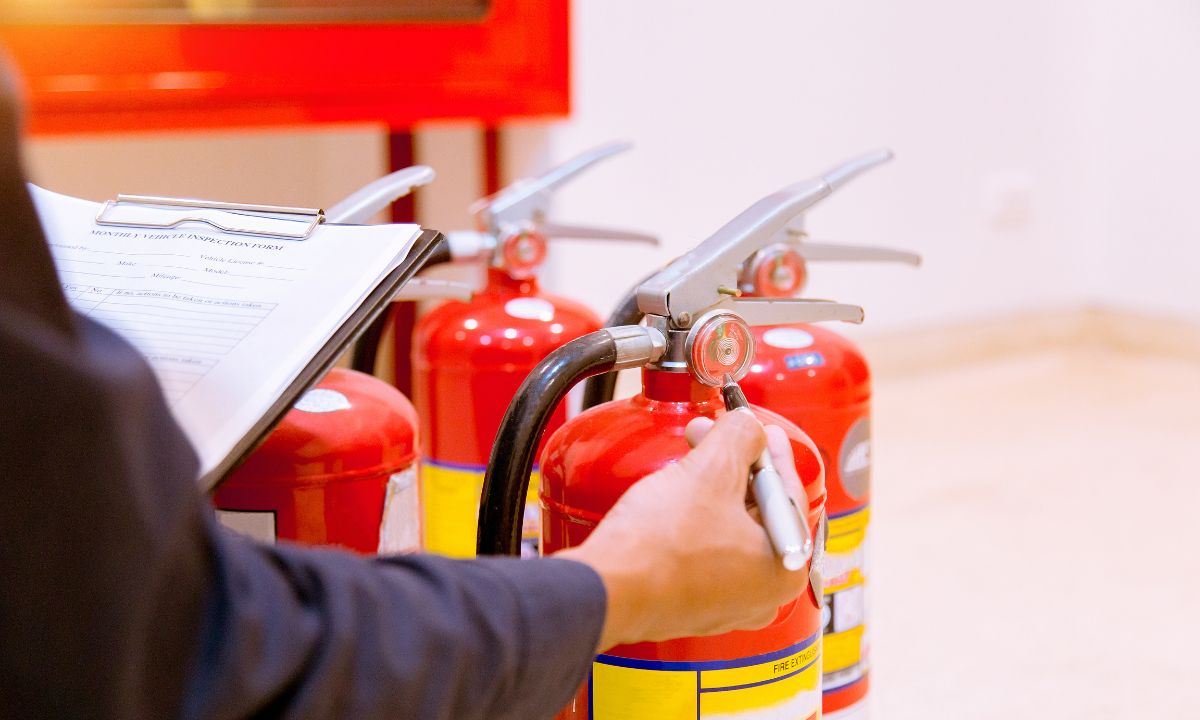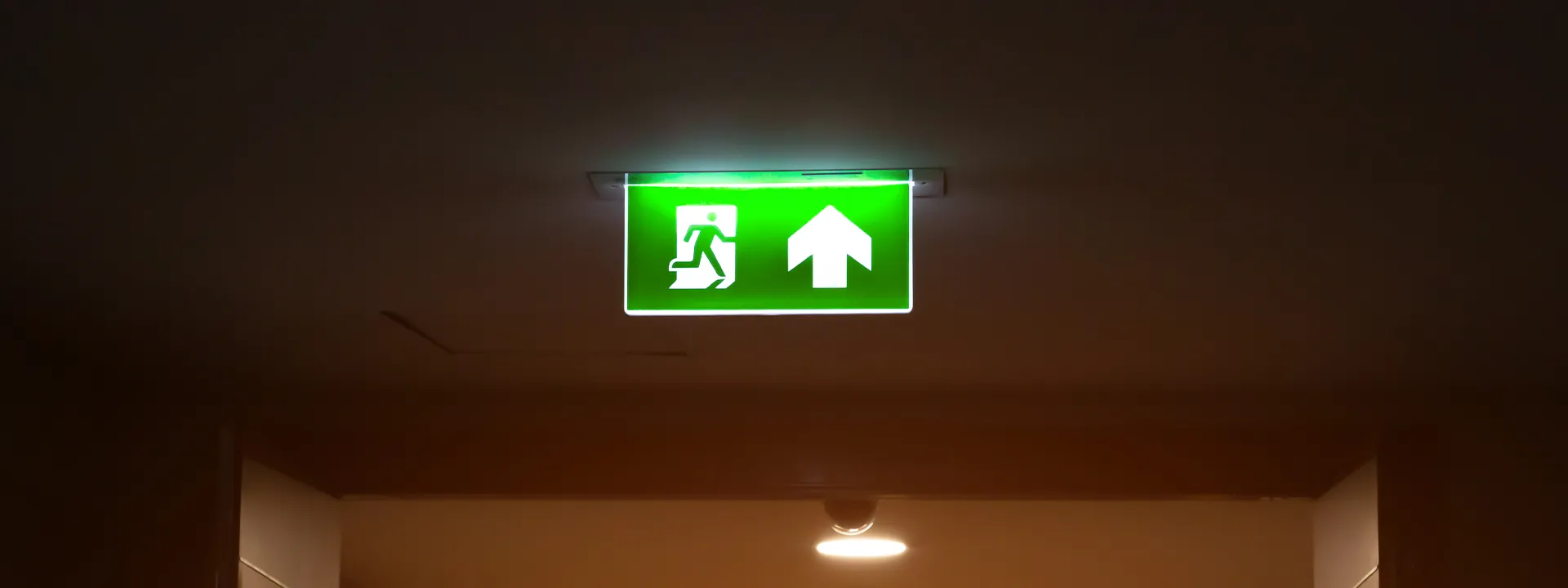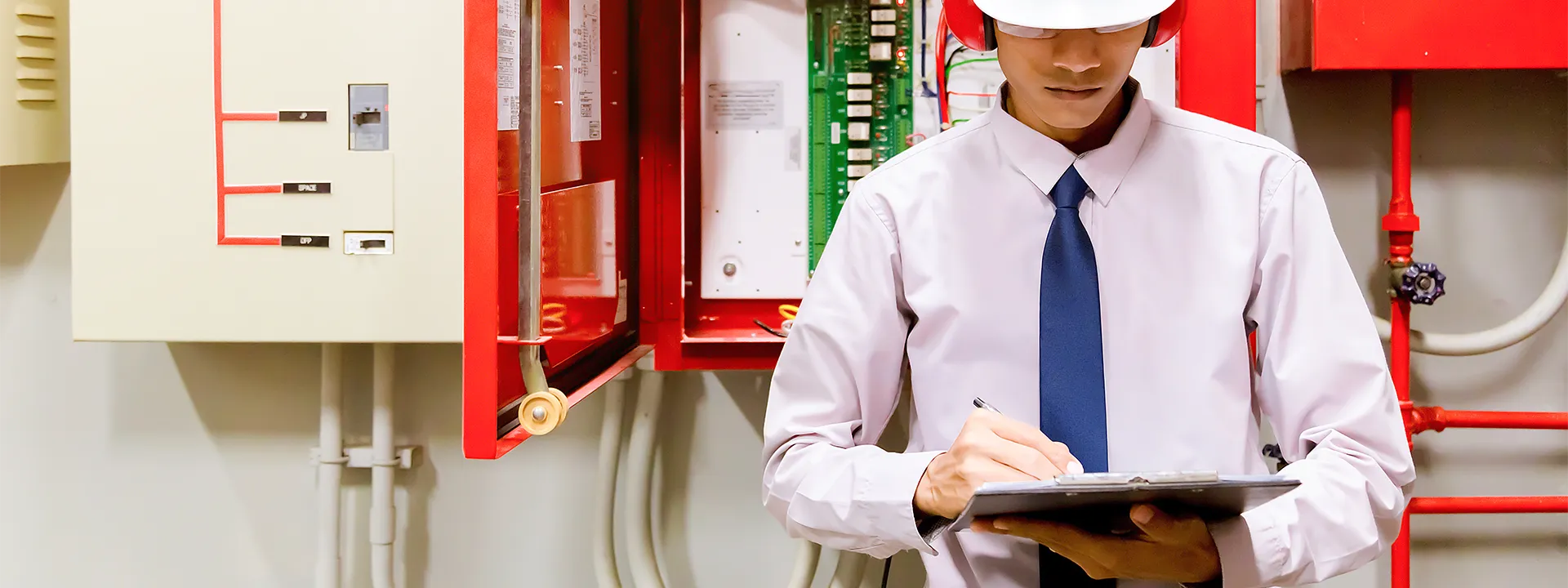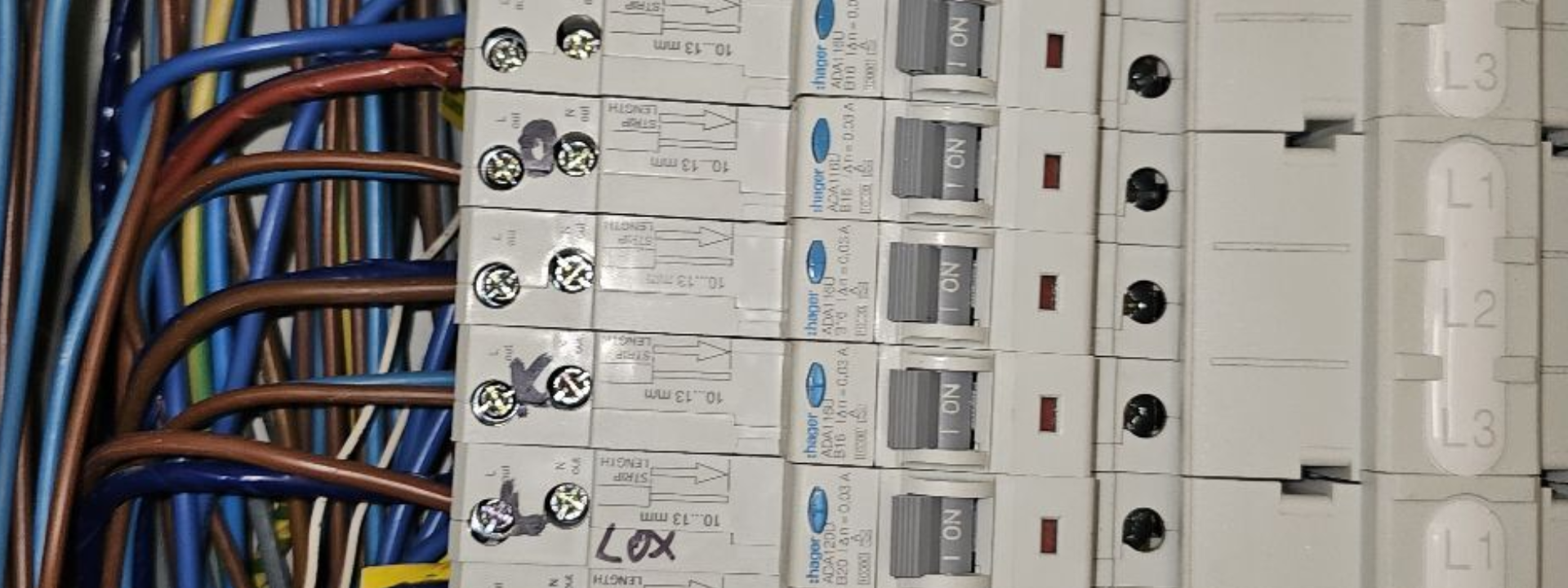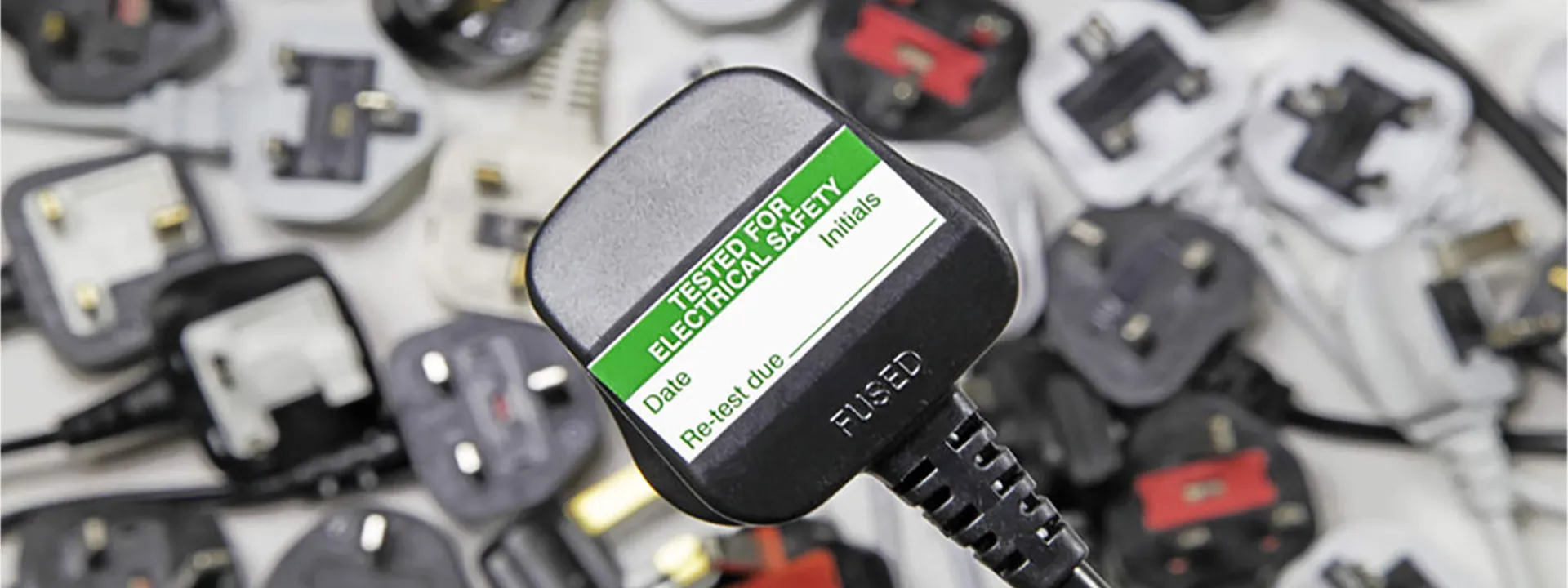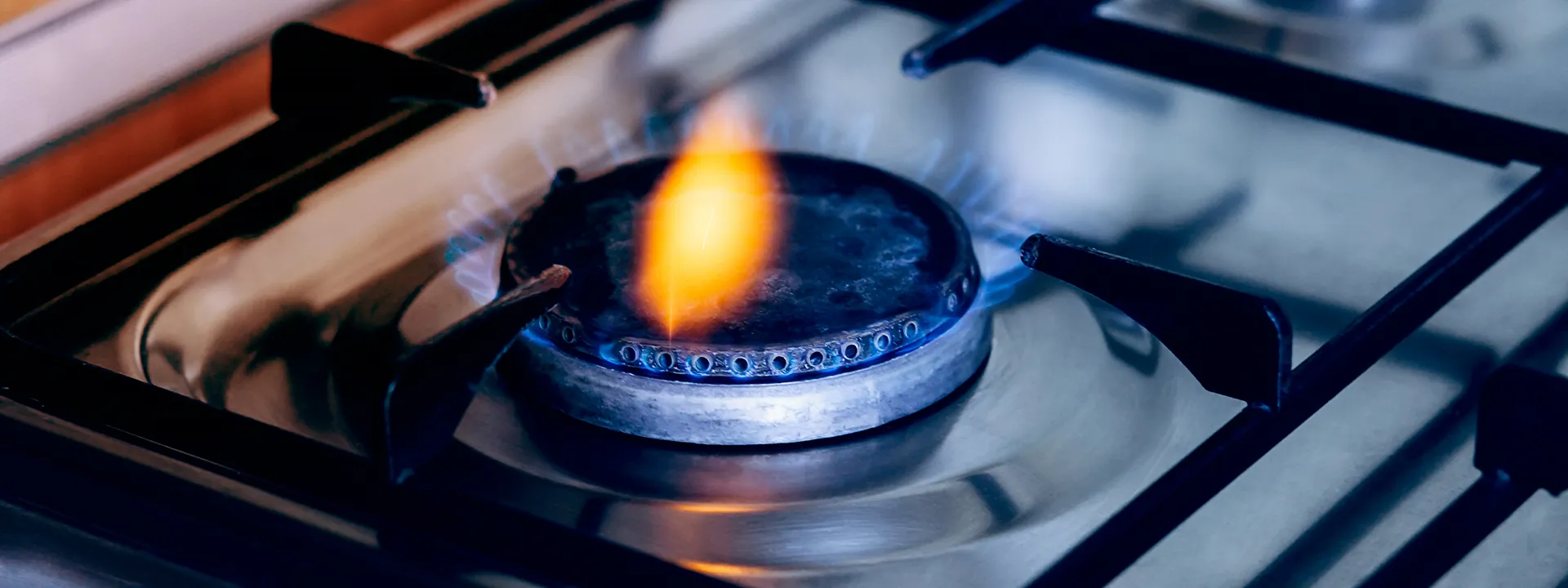In the bustling city of London, where gas appliances are integral to daily living, ensuring the safety of such systems is paramount. A Gas Safety Certificate, often referred to as a CP12, is a legal requirement for landlords and homeowners to guarantee that their gas appliances are safe for use. This document plays a critical role in averting potential risks associated with gas leaks and carbon monoxide emissions. In this comprehensive guide, we will explore the process of obtaining a Gas Safety Certificate in London, covering everything from understanding gas safety to the inspection process and addressing common issues.
Understanding Gas Safety
Before delving into the intricacies of obtaining a Gas Safety Certificate, it’s crucial to understand the gravity of gas safety. Gas leaks and carbon monoxide emissions pose severe risks to occupants of a property, including the potential for explosions and health hazards. Landlords and homeowners are legally obligated to ensure the safety of their gas appliances to protect both their property and the lives of those who reside in it.
Gas safety encompasses a range of responsibilities, including the proper installation, maintenance, and servicing of gas appliances. These appliances can include boilers, gas stoves, water heaters, and central heating systems. Identifying potential risks and promptly addressing them is essential in maintaining a safe living environment.
Preparing for Inspection
Before scheduling a gas safety inspection, it’s essential to prepare your property to ensure a thorough examination. Start by identifying all gas appliances in your home or rental property. This includes items such as gas-fired boilers, ovens, and water heaters. Ensure that all appliances are easily accessible for the gas engineer during the inspection.
Maintenance is a key aspect of gas safety. Regular servicing and addressing any existing issues are critical to preventing potential hazards. Gas appliances should be serviced annually by a qualified Gas Safe registered engineer. Any existing issues, such as leaks or faulty components, should be rectified before the inspection to ensure compliance with safety standards.
Hiring a Gas Safe Registered Engineer
The cornerstone of gas safety lies in the hands of qualified professionals. In London, it is a legal requirement that gas work is carried out by Gas Safe registered engineers. The Gas Safe Register is the official list of gas engineers who are qualified to work safely and legally on gas appliances.
Finding a qualified engineer is a crucial step in the process. You can verify an engineer’s credentials by checking their Gas Safe ID card, which should display the types of gas appliances they are qualified to work on. Additionally, consider their experience and reputation. Reviews and recommendations from others who have used their services can provide valuable insights.
Inspection Process
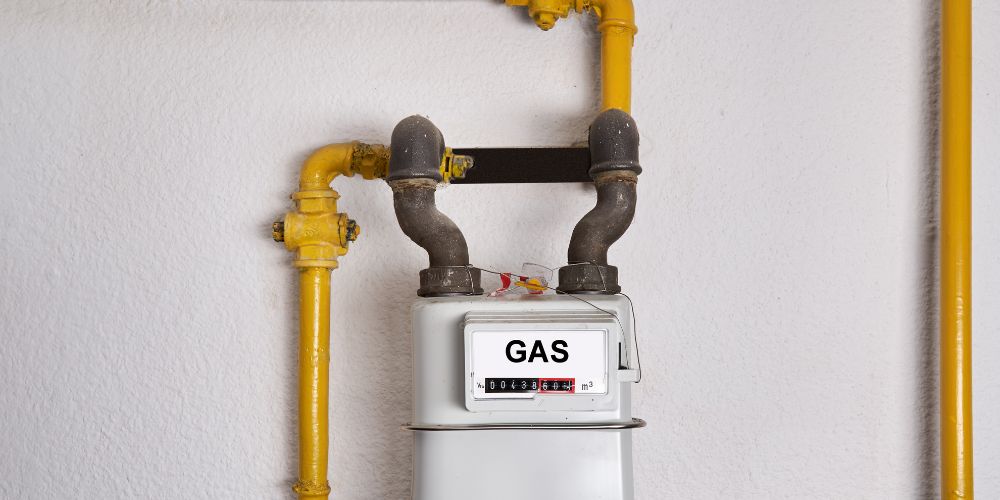
Gas safety inspections are comprehensive assessments of gas appliances and their installation. The process involves a series of tests and checks to ensure that appliances are functioning correctly and do not pose any risks. During the inspection, the engineer will examine the condition of appliances, check for gas leaks, and assess ventilation to prevent the buildup of carbon monoxide.
The duration of an inspection can vary depending on the number of appliances and the complexity of the gas system. Typically, inspections take between 1 to 2 hours. The frequency of inspections is also important to note. In most cases, an annual inspection is required, but more frequent checks may be necessary for certain appliances or in specific circumstances.
Obtaining a Gas Safety Certificate
Once the inspection is complete and all safety requirements are met, the Gas Safe registered engineer will issue a Gas Safety Certificate. This document outlines the findings of the inspection and verifies that the gas appliances in the property are safe for use. The certificate includes details such as the engineer’s name and Gas Safe registration number, a description of the appliances checked, and any necessary recommendations or actions taken.
The Gas Safety Certificate is not a one-time document. It has a validity period, usually one year, after which a new inspection and certificate are required. Landlords and homeowners must keep a record of each Gas Safety Certificate issued, as these may be requested by tenants, local authorities, or other relevant parties.
Cost Considerations
While the safety of occupants is paramount, it’s essential to consider the financial aspects of obtaining a Gas Safety Certificate. The cost can vary based on several factors, including the number of gas appliances, the complexity of the gas system, and the location of the property. In London, where living costs are often higher, the average price for a gas safety inspection typically ranges from £60 to £100.
Balancing cost and safety is a challenge, but it’s crucial not to compromise on the thoroughness of the inspection. Cutting corners or opting for cheaper, unqualified engineers can lead to inadequate assessments and potentially dangerous oversights.
Common Issues and Solutions
Gas safety inspections may reveal issues that need addressing to ensure compliance with safety standards. Common problems include gas leaks, faulty pilot lights, and issues with ventilation. It’s imperative to address these issues promptly to maintain a safe living environment.
In the event of a failed inspection, the engineer will provide a detailed report outlining the problems found. It is the responsibility of the homeowner or landlord to ensure that these issues are rectified before the gas appliances can be deemed safe. Ignoring or neglecting these issues can have serious consequences, both in terms of safety and legal compliance.
Legal consequences for non-compliance with gas safety regulations can include fines, imprisonment, or both. Therefore, it is in the best interest of all parties involved to take gas safety seriously and adhere to the necessary regulations.
Tips for Homeowners and Landlords

Ensuring ongoing gas safety involves more than just the annual inspection. Homeowners and landlords can take proactive steps to maintain a safe environment:
Regular maintenance practices are essential. This includes scheduling annual servicing of gas appliances, promptly addressing any issues, and keeping detailed records of maintenance activities.
Staying informed about gas safety regulations and best practices is crucial. Gas Safe registered engineers may provide advice and guidance during inspections, but homeowners and landlords should also seek information independently to stay abreast of any changes or updates.
Educating tenants on gas safety is a shared responsibility. Providing information on the location of gas shut-off valves, the importance of adequate ventilation, and the signs of a potential gas leak can contribute to a safer living environment.
Further Reading: The Importance of Landlord Safety Certificates
Conclusion
In conclusion, obtaining a Gas Safety Certificate in London is not just a legal requirement; it is a fundamental step towards ensuring the safety of your property and its occupants. From understanding the importance of gas safety to the intricacies of the inspection process and addressing common issues, this guide provides a comprehensive overview of the entire process.
By prioritizing gas safety, homeowners and landlords contribute to the well-being of their tenants and fulfill their legal obligations. While there are costs associated with obtaining a Gas Safety Certificate, the investment in safety far outweighs the potential risks and consequences of neglecting this critical aspect of property maintenance. Remember, a safe home is a secure home, and compliance with gas safety regulations is a shared responsibility that benefits everyone involved.
